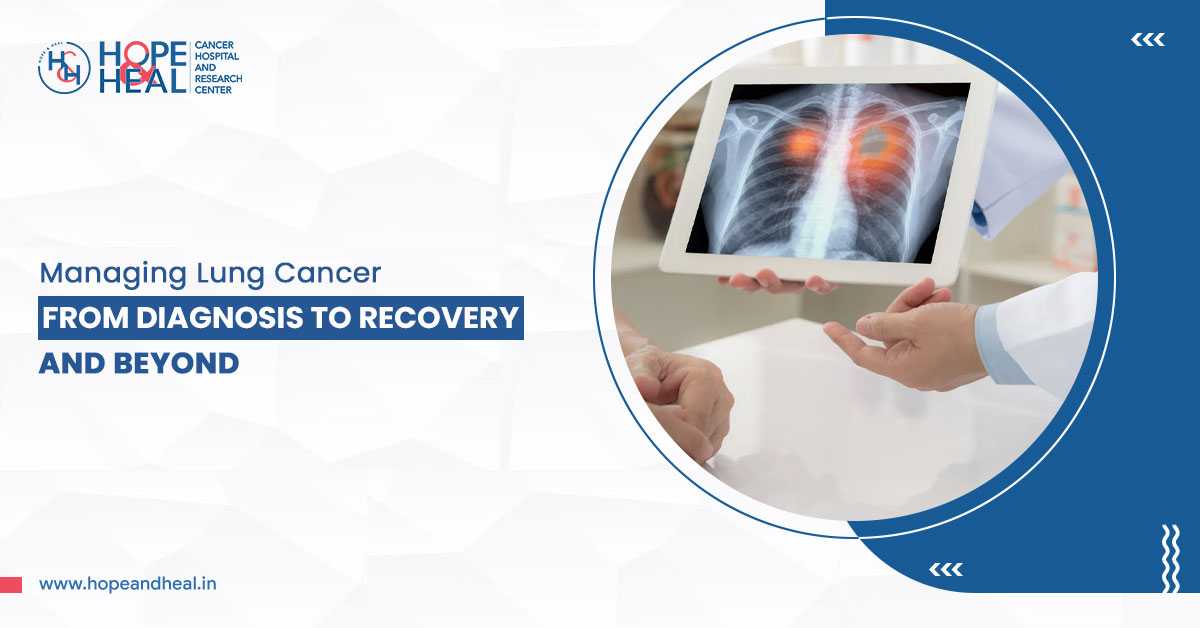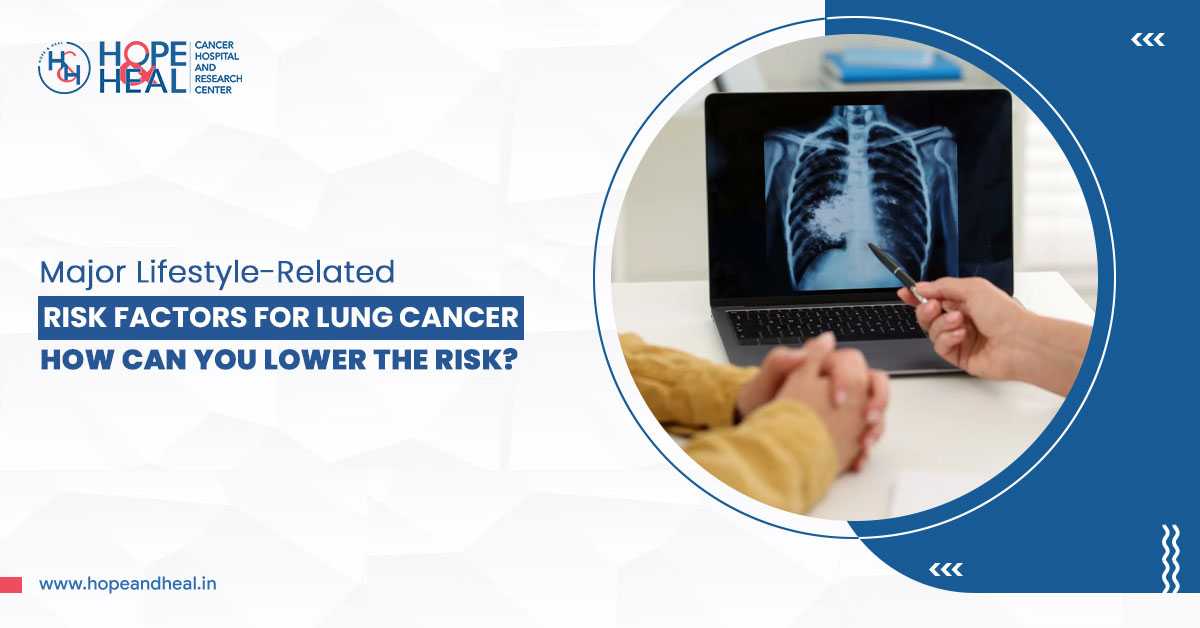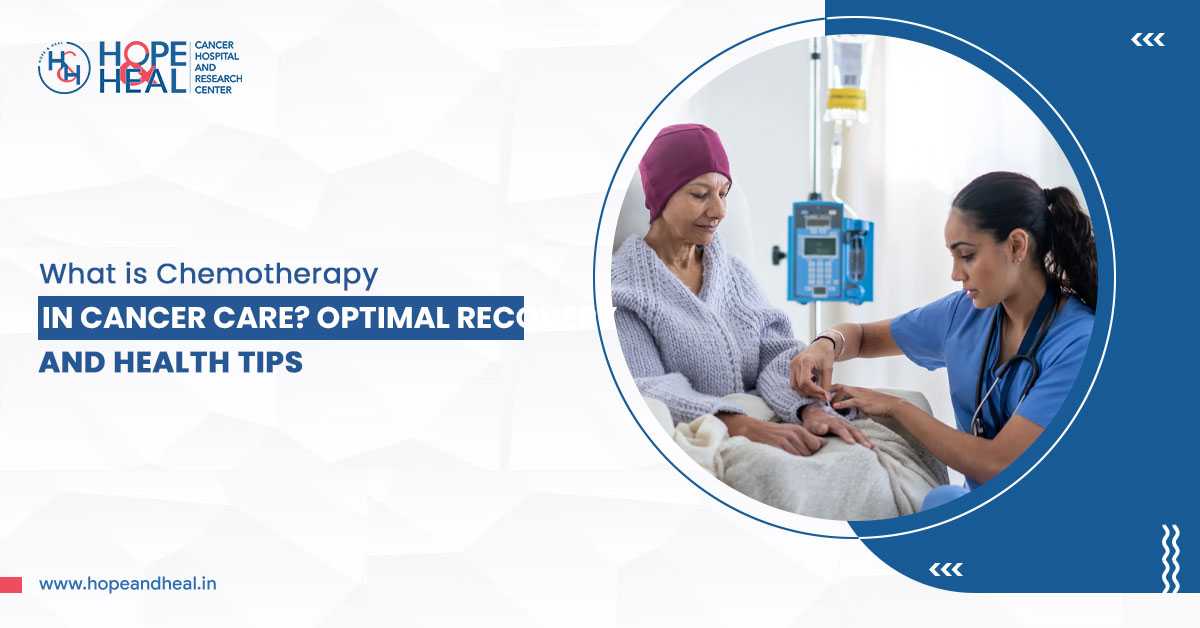Chemotherapy is a common name that is almost synonymous with cancer treatments. One of the most crucial of the cancer treatment procedures, this proves to be the most effective in damaging the cancer cells and controlling or even defeating the disease. To fight cancer, this method proves to be the best among the many options available in Siliguri and the rampant growth in healthcare facilities.
The knowledge of chemotherapy is thus important for understanding its effects and the optimum way to make it the most useful in battling cancer.
Understanding Chemotherapy and Its Role in Cancer Care
Unlike any other treatment procedure, which are mostly localised, chemotherapy provides a deeper destruction of cancer cells throughout the body using drugs that enter the bloodstream. When surgery cannot be opted for a patient due to the spreading of the cancer, chemotherapy stands as the only solution. The drug not only stops their growth but also kills them or prevents them from multiplying any further.
Both the traditional and the advanced forms of chemotherapy in Siliguriare available from which patients can choose. Trained oncologists and medical practitioners are reachable for utmost care and personalised treatment options.
How Chemotherapy Works and What to Expect
The type of cancer, stage, and the general health of the patient altogether determines if the drug is to be used through injection, orally, or intravenously. Chemotherapy is conventionally given in cycles, with treatment days, followed by periods for rest, so that the body can recover itself for the next dose.
The risks of chemotherapy are its side effects, which can vary in intensity, causing nausea, hair loss, fatigue, and risk of infection rising due to weakened immunity. Advancements in technology have reduced these risks to fairly low levels. Some medications have proved to be effective in managing these risks efficiently.
Optimal Recovery and Health Tips During Chemotherapy
Getting the body to recover at a faster pace is difficult after chemotherapy, which is why these tips will act as a guide for a quicker healing process:
- Maintain a Healthy Diet: Lean proteins, whole grains, fruits, and vegetables are a must in the diet. A balanced diet rich in both vitamins and minerals is essential, along with proper hydration. Fluid intake can better heal the body.
- Rest and Relaxation: Along with regular light physical activity, make sure your body gets enough rest when it is required. Since chemotherapy can cause extreme fatigue, listen to your body. Proper rest will allow the body to regain its strength for chemotherapy in Siliguri.
- Stay Active Socially: Staying connected with friends and family and having regular social interaction is most important, as this provides emotional support, joy and laughter, which can improve the overall health of a patient.
- Manage Side Effects: The powerful drug intake can have its effects on a patient, such as fatigue, hair loss, nausea, and pain. These can be managed by regular check-ins with the doctor. Nausea, for example, can be controlled by anti-nausea medications, and hair loss can be taken care of by proper scalp care.
- Follow-Up Care: Regular visits to the doctor are essential to track recovery and any recurrence signs. Imaging, blood tests, and physical exams are done to properly monitor your recovery process.
- Consider Complementary Therapies: Complementary therapies can be beneficial for some patients. Yoga, acupuncture, or massage therapy can help improve the quality of life and reduce stress during chemotherapy. It is, however, important to let your doctor know. Consult with your oncologist before trying any new therapy.
Conclusion
The process of chemotherapy can be difficult and mentally challenging. At such a demanding standpoint, the chemotherapy in Siliguri provides patients with the trust that proper care will be given to them by world-class medical facilities. The recovery process can be fast-tracked by managing the side effects, following a balanced and nutritious diet, and having positive surroundings. Keeping in constant contact with your doctor is advised for customised tips, ensuring a faster recovery process.
Not only physical, a positive approach mentally is also very important. This helps in walking through the complications of the therapy process with a positive attitude, ensuring a successful recovery.






